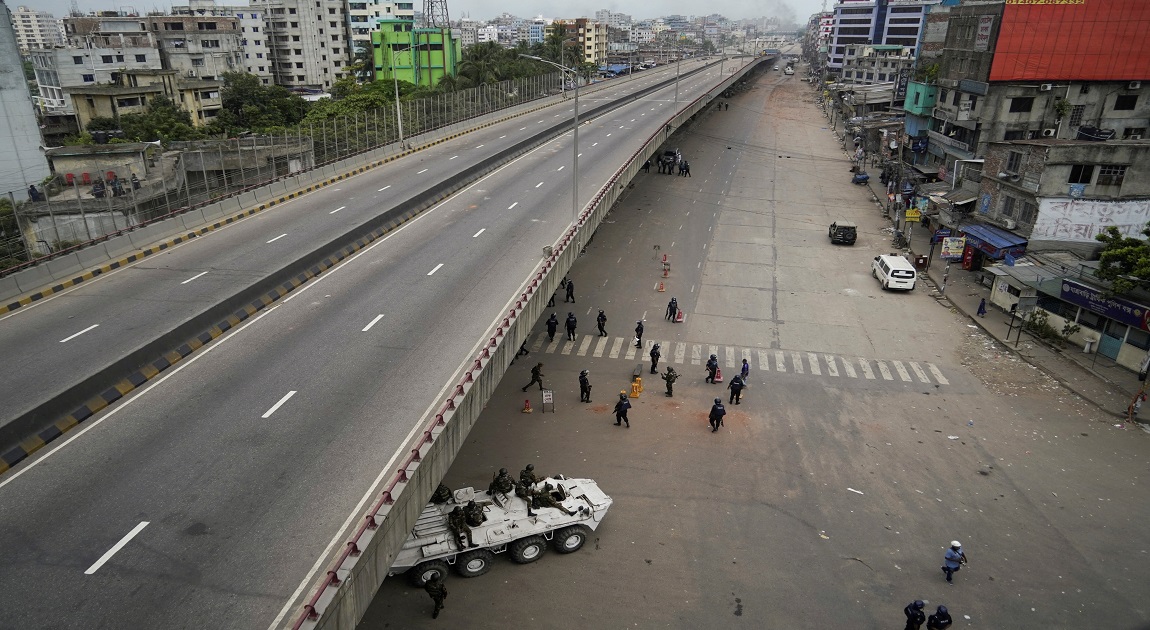In a move to prevent the misuse of emergency declarations as a political tool, Bangladesh’s political parties have reached a consensus to amend the constitutional provision regarding the proclamation of a state of emergency.
The decision was made on Sunday during the 12th day of the second phase of dialogue between political parties and the National Consensus Commission at the Foreign Service Academy.
The Commission proposed an amendment to Article 141A of the Constitution, suggesting that any emergency declaration by the President must first receive written approval from the Cabinet—a shift from the current provision which allows a 120-day declaration with only the Prime Minister’s countersignature.
The proposed amendment would limit an emergency declaration to a maximum of 90 days and redefine its triggers. Instead of references to "internal disturbances," the revised language would focus on threats to national independence, sovereignty, territorial integrity, pandemics, or natural disasters.
The parties also agreed that during an emergency, certain fundamental rights—particularly the right to life and protection from torture, inhuman or degrading treatment—must remain non-derogable under Article 47(3) of the Constitution.
While the main proposal received broad support, some parties voiced differing views. Saiful Haque of the Revolutionary Workers Party suggested replacing Cabinet approval with a consensus decision from an all-party meeting.
Ahmad Abdul Kader of the Bangladesh Khelafat Majlish proposed including opposition parties in the Cabinet`s emergency decision-making process.
Jamaat-e-Islami`s Nayeb-e-Ameer Syed Abdullah Mohammad Taher recommended that the Leader of the Opposition be present during any Cabinet discussion on the emergency declaration.
This idea was supported by BNP Standing Committee member Salahuddin Ahmed. Ashraf Ali Akon of the Islami Andolon raised concerns about who would attend in the absence of the opposition leader.
Ultimately, it was agreed that emergency declarations would require Cabinet approval, and that the Leader of the Opposition—or in their absence, the Deputy Opposition Leader (a post with ministerial rank)—would be present during the Cabinet meeting on the matter.
The consensus reflects a growing commitment to institutional safeguards and inclusivity in matters of national importance.















-20260221022942.jpg)
-20260221022827.webp)
















